The benefits of Coconut oil are tremendous as it is a versatile and famous ingredient. It is derived from the meat of mature coconuts through a process called extraction. For centuries, coconut oil has been a part of our ancient medicine practices and cooking.
The extraction process involves separating the oil from the coconut meat using methods like cold pressing or hot pressing. It is great to include coconut oil in your daily routine as it is packed with healthy fats and antioxidants.
Understanding the Extraction Process of Coconut Oil
Coconut oil extraction involves different methods, including cold pressing and hot pressing.
Cold pressing is the most common method used to extract coconut oil, as it retains more nutrients and flavor.
Hot pressing involves heating the coconut meat to extract the oil, which may reduce its nutritional value.
Both methods require the coconut meat to be dried and ground into a fine powder before oil extraction.
Filtration of the extracted coconut oil is done to remove any contaminants and impurities.
Different Types of Coconut Oil and Their Uses

There are different types of coconut oils available such as refined, unrefined, virgin, and fractionated coconut oil.
- Refined coconut oil: Refined coconut oil can be used for cooking high temperature dishes as it has a high smoke point. It is processed oil to remove impurities and contaminants.
- Unrefined coconut oil: Unrefined coconut oil is obtained from fresh coconut meat without any chemical processing. It is also known as virgin coconut oil. It retains the natural aroma and flavor of coconuts.
- Virgin coconut oil: Virgin coconut oil has moisturizing properties which make it ideal for skincare and hair care. It is best as a natural moisturizer or as an ingredient in homemade beauty products.
- Fractionated coconut oil: Fractionated coconut oil is used in cosmetic and skincare items. This coconut oil is in liquid form and does not solidify at room temperature. Its self-life is more.
There are different characteristics and uses of each type of coconut oil. There is a type of coconut oil for everyone; either you are looking for a cooking option or for skincare.
The Benefits of Coconut Oil for Skin and Face
Coconut oil is very beneficial for skin and face. Let see some main benefits of coconut oil:
-
Moisturizes and Nourishes
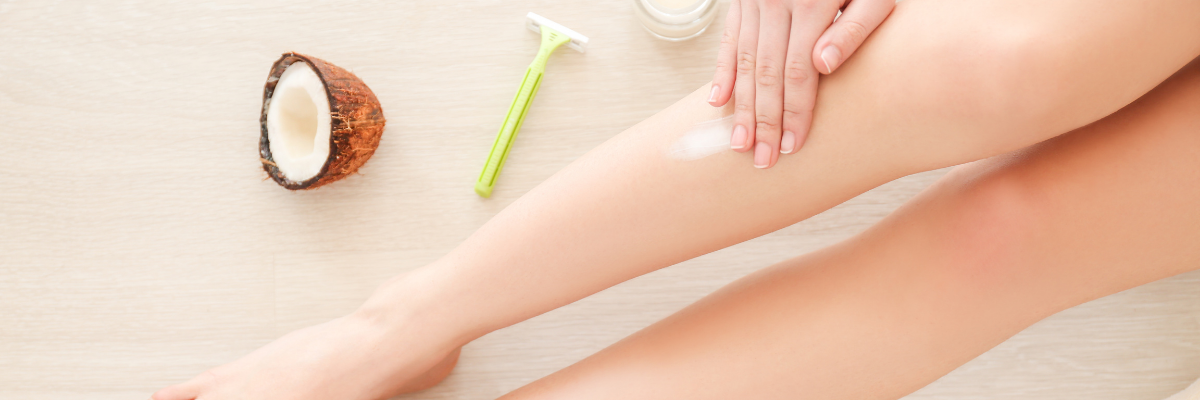
Coconut oil hydrates and nourishes the skin because of its natural moisturizing property. It makes skin soft and supple by entering deep into layers of skin. Therefore, the benefits of coconut oil on skin and face weighs more than expected.
-
Fights Acne and Inflammation
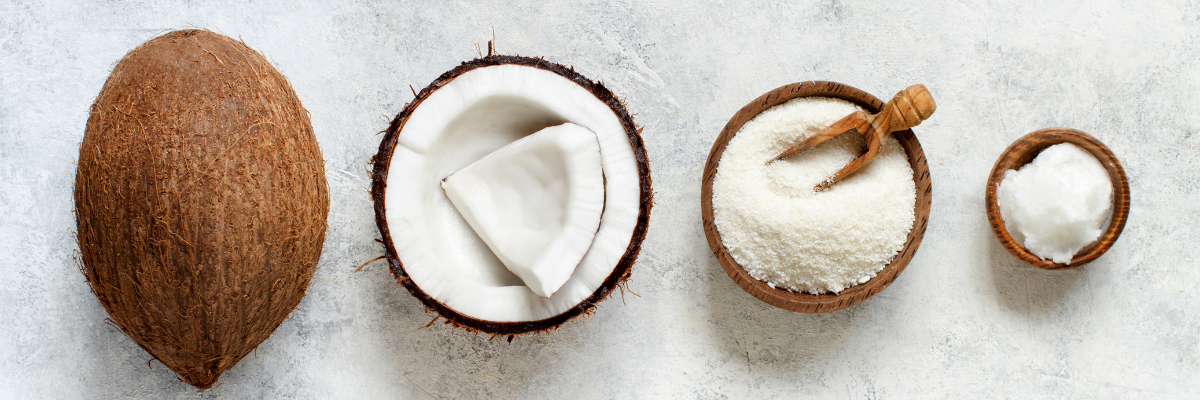
Coconut oil can remove acne and reduce inflammation as it has antibacterial and anti-inflammatory properties. It can help soothe and calm irritated skin.
-
Improves Skin Elasticity
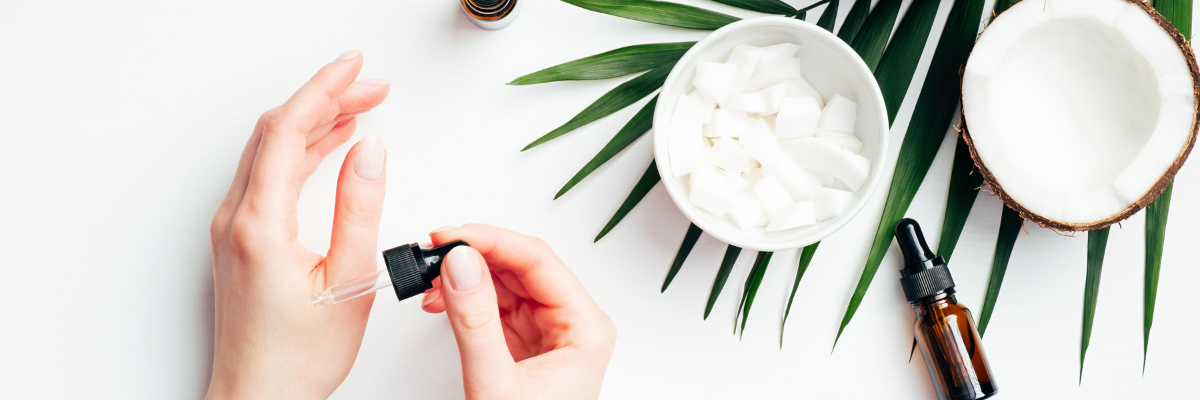
Regular use of coconut oil can improve skin elasticity and firmness. Wrinkles and fine lines can be reduced by using it providing a younger looking skin.
-
Effective Makeup Remover
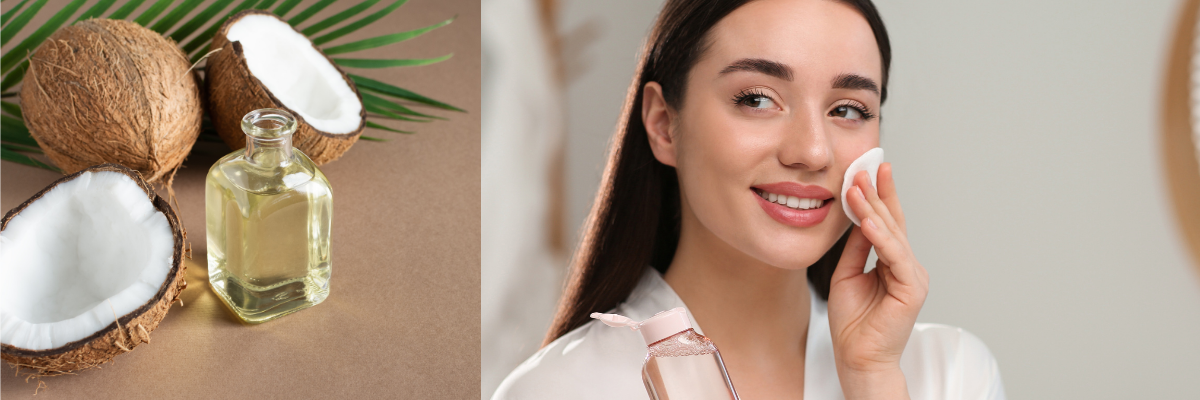
Using coconut oil as a makeup remover is an excellent natural alternative. It effectively removes stubborn makeup without stripping the skin’s natural oils.
For skin and face, these are only some of the benefits of coconut oil. Healthier and youthful skin can be achieved by including coconut oil in your skincare regime.
How Coconut Oil Can Improve Hair Health
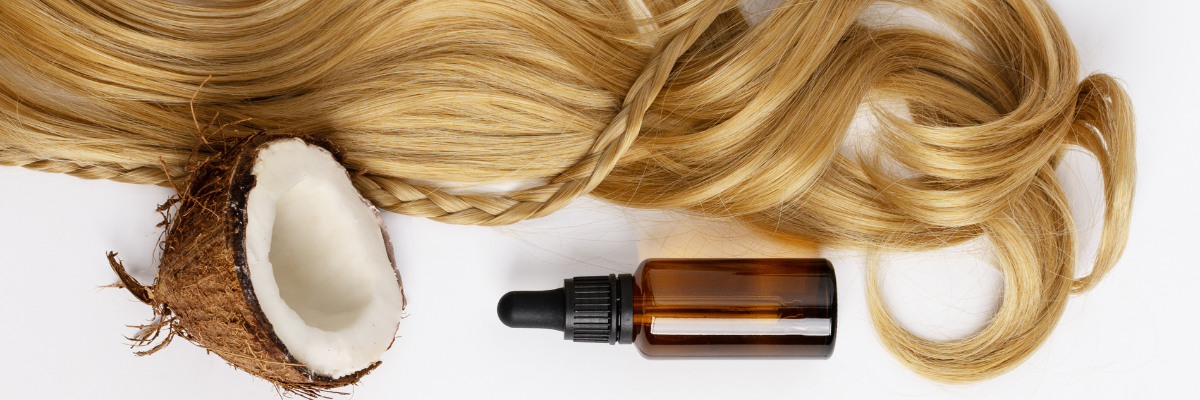
Coconut oil is a famous natural remedy for improving the quality and texture of hair. Its moisturizing properties can help nourish dry and damaged hair. Coconut oil reduces protein loss and strengthens hair as it can go deep into the hair shaft. It promotes hair growth, makes hair shiner, and reduces frizz. Using coconut oil as a hair mask or conditioner can provide deep hydration and improve hair texture.
Cooking with Coconut Oil: A Healthy Option
Instead of traditional cooking oils, coconut oil can take their place. It can be used for high temperature cooking methods like frying and baking as it has high smoke point.
Coconut oil has a high level of medium-chain triglycerides (MCTs) which is highly beneficial and therefore used in cooking. For people aiming to improve metabolism and lose weight, coconut oil can be used as MCTs are digested easily and converted to energy quickly.
Moreover, dishes prepared in coconut oil have a mild naturally sweet tropical flavor. It can be paired greatly with sweet as well as savory dishes
Coconut oil can be used instead of butter or vegetable oil in many places like stir-frying vegetables, sautéing meat, or baking cookies or cake. It increases the taste and nutritional value of dishes.
Exploring the Various Uses of Coconut Oil for and Elbow Care

Coconut oil have moisturizing properties that can help soften and smooth rough and dry skin. Massaging coconut oil onto the heels and elbows can help improve circulation and relieve dryness and itchiness. Regular use of coconut oil can help prevent and treat cracked heels and dry elbows. To naturally exfoliate dead skin cells, coconut oil can be used. Hence, the benefits of coconut oil for rough and dry heel and elbow are too many to count.
Choosing the Best Coconut Oil: Cold Pressed vs Hot Pressed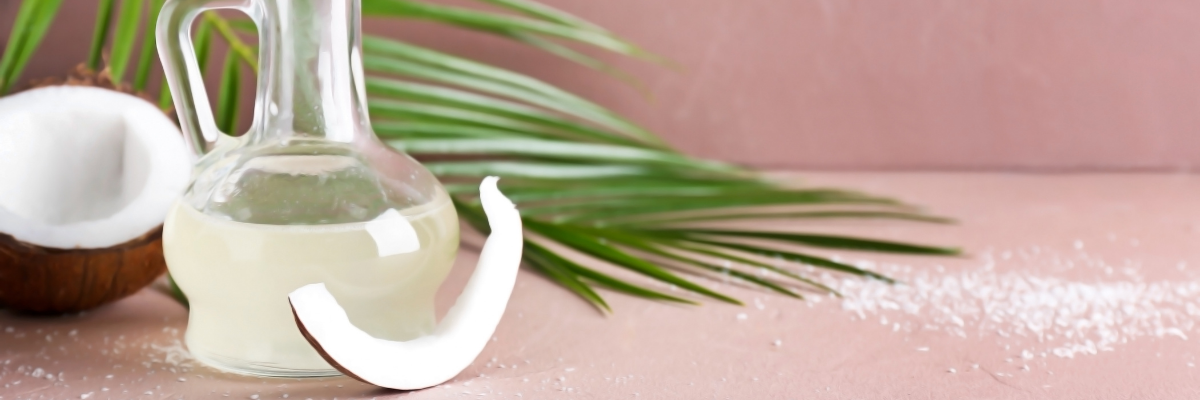
Coconut oil should be selected by considering its nature, whether it is cold pressed or hot pressed.
Cold pressed coconut oil is extracted using a method that involves pressing the coconut meat at low temperatures to retain the natural nutrients and flavors of the coconut.
Hot pressed coconut oil, on the other hand, involves heating the coconut meat, which may reduce its nutritional value.
Generally, higher quality oil is cold pressed coconut oil. Therefore, the benefits of cold pressed coconut oil weighs higher than that of hot pressed coconut oil.
Both types of oils are versatile. Which coconut oil you want to use depends on your personal choice.
Important Precautions to Take When Using Coconut Oil
Usually coconut oil is safe to use, but still some precaution should be kept in mind.
- Allergy Alert: Coconut oil is obtained from coconut which is a nut. So, if you have nut allergy, you should be cautious while using coconut oil.
- Moderation: Coconut oil should be used in limited amount while cooking as it is high in saturated fat
- Patch Test: It is advisable to do a patch test before applying coconut oil to the skin to check for any allergic reactions.
- Storage: Coconut oil should be stored in a cool dry place to avoid it from getting spoiled.
In case of any specific concerns or conditions, before using coconut oil, it is recommended to consult with a healthcare professional or dermatologist.
Conclusion
With a number of health benefits of coconut oil, it is known as one of the most versatile and easy to use ingredient for our beauty and health. Its extraction process, whether cold pressed or hot pressed, determines the nutritional value and flavor of the oil. Many types of coconut oil are available with unique uses. Hydration, anti-inflammatory effects can be provided by coconut oil and increase skin elasticity when applied to skin and face. It is also beneficial for hair health, promoting moisture, shine, and growth.
Coconut oil adds tropical flavor to dishes and it is a healthier option for cooking. For moisturization, exfoliation, and relief for dryness and itchiness to heel and elbow, coconut oil is a great choice. When choosing coconut oil, consider whether it is cold pressed or hot pressed, with cold pressed generally being of higher quality. Finally, it’s important to be cautious of any allergies and practice moderation when using coconut oil. Store it properly to prevent spoilage. Incorporating coconut oil into your routine can bring numerous benefits for overall wellness and beauty.

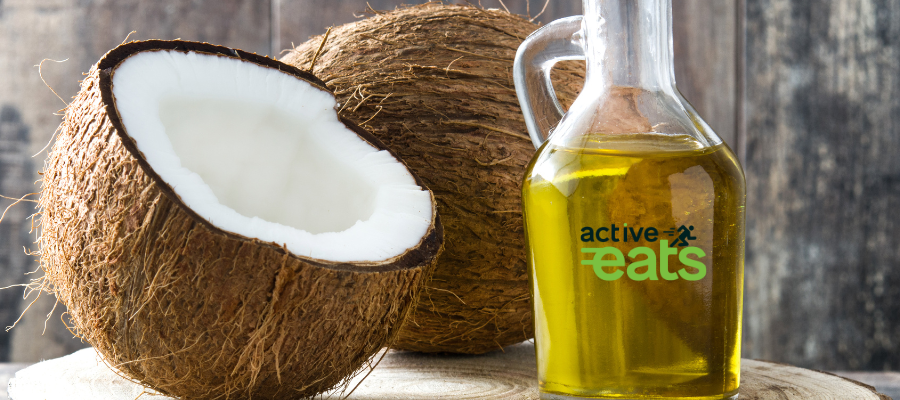
Oils we Use: Priceless Insights | Coach Active Eats
[…] Coconut Oil […]
lingerie sexy
Everyone loves what you guys tend to be up too.
This kind of clever work and reporting! Keep up the superb works guys I’ve included you guys to my personal blogroll.